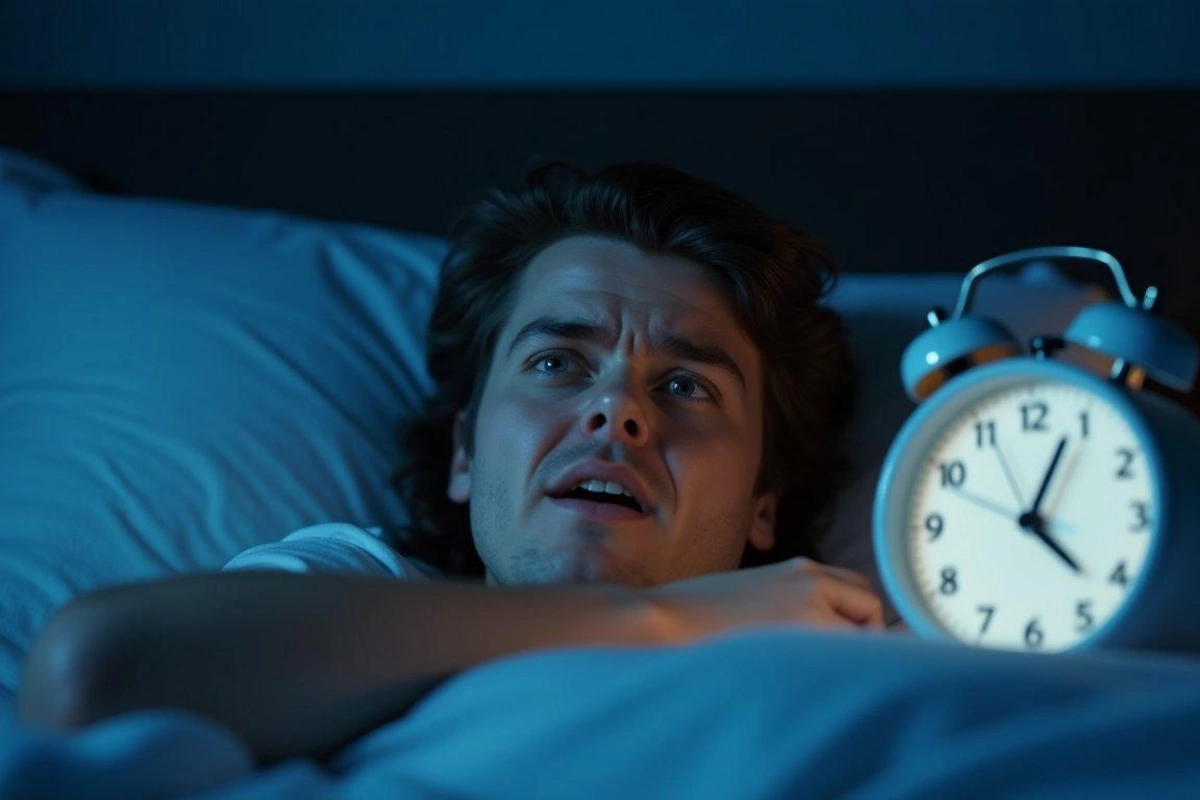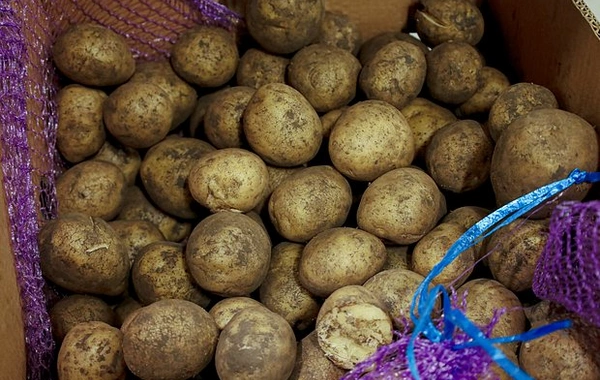One habit that destroys the psyche more than coffee and social media

We often hear about the harm of caffeine and social media: anxiety, sleep disturbance, emotional burnout. But scientists from Pennsylvania State University claim that there is a much more destructive habit - and it seems absolutely harmless.
It's chronic sleep deprivation.
According to the study, regularly sleeping less than 6 hours a day affects the brain much more than a cup of strong coffee in the morning or endless scrolling through feeds before bed. Sleep deprivation disrupts the prefrontal cortex - the part of the brain responsible for decision-making, self-control, and emotional stability.
What happens to the psyche with chronic sleep deprivation?
-
Increased levels of cortisol - the stress hormone
-
Decreased ability to concentrate
-
Increased irritability and aggression
-
Weakened memory
-
Increased risk of anxiety disorders and depression
Studies show: a single instance of sleep deprivation can be comparable in consequences to alcohol consumption. And if this becomes the norm - the psyche literally begins to "break down" from within.
Why do we ignore sleep?
The culture of productivity is largely to blame: "sleep later," "I'll catch up on sleep on weekends," "sleep is for the weak." We sacrifice sleep for work, study, or entertainment - not realizing that we're paying for it with our mental stability.
What to do?
-
Try to go to bed and wake up at the same time
-
Avoid gadgets for 1 hour before sleep
-
Don't drink coffee after 3:00 PM
-
Create a comfortable atmosphere in the bedroom: dark, quiet, cool
-
Don't ignore signs of fatigue
Sleep is not a weakness, but a basic need. Its lack cannot be compensated for by either coffee or weekend rest. And if you really want to preserve your mental health - start with something simple: allow yourself to get enough sleep.
Similar News
Development of the travel industry: With the power of passion and digital impact
BAKU.WS presents an interview with the head of "Fahri Travel," Fahri Mamedli: - Fahri, how did your journey in the tourism sector begin? It all started with my...




 Azərbaycanca
Azərbaycanca  По-русски
По-русски  English
English 






